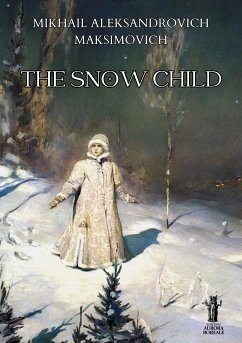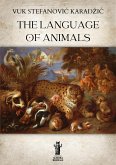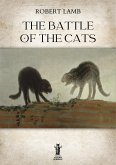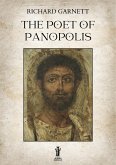Mikhail Aleksandrovich Maksimovich (1804-1873) was a famous Russian scientist, historian and writer who contributed to the life sciences, especially botany and zoology, and to linguistics, folklore, ethnography, history, literary studies and archaeology.
He was a pioneer of his time and, in many ways, one of the last of the "universal men" who were able to contribute original works to both the sciences and the humanities. His works in biology and the physical sciences reflected a concern for the common man - love for his fellow human being, Schelling's philosophy, at work - and his works in literature, folklore, and history, often phrased in terms of friendly public "letters" to his scholarly opponents, pointed to new directions in telling the story of the common people.
The Maksimovich’s tale The Snow Child (Снегурка), which we present to our readers today in the English translation by John Theophilus Naaké, was published for the first time in 1840 in the Kievlyanin, a Kiev newspaper. It was included in the collection Slavonic Fairy Tales, edited by John Theophilus Naaké, published in London in 1874.
He was a pioneer of his time and, in many ways, one of the last of the "universal men" who were able to contribute original works to both the sciences and the humanities. His works in biology and the physical sciences reflected a concern for the common man - love for his fellow human being, Schelling's philosophy, at work - and his works in literature, folklore, and history, often phrased in terms of friendly public "letters" to his scholarly opponents, pointed to new directions in telling the story of the common people.
The Maksimovich’s tale The Snow Child (Снегурка), which we present to our readers today in the English translation by John Theophilus Naaké, was published for the first time in 1840 in the Kievlyanin, a Kiev newspaper. It was included in the collection Slavonic Fairy Tales, edited by John Theophilus Naaké, published in London in 1874.








